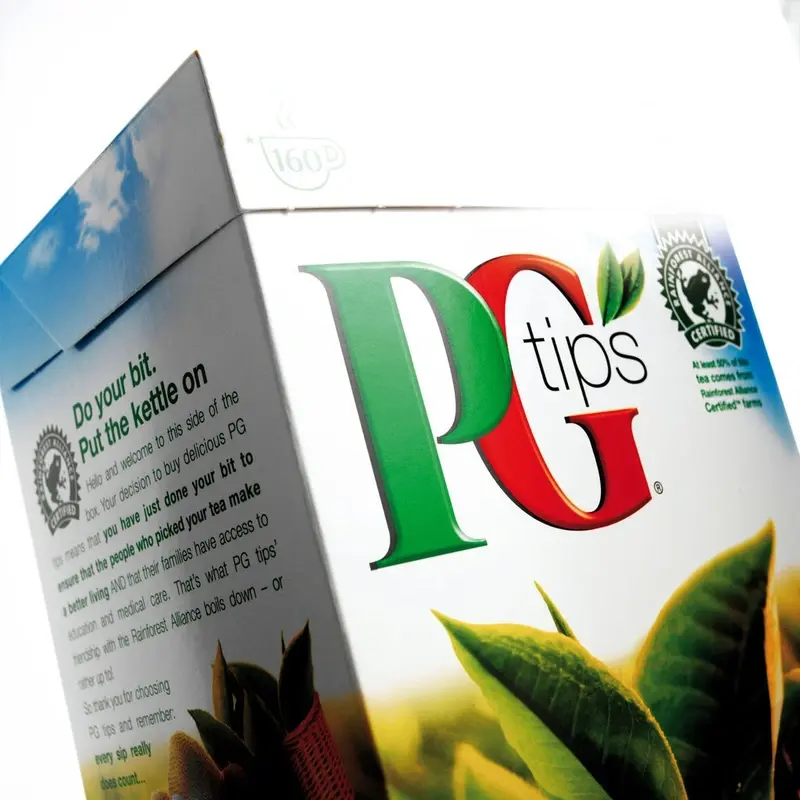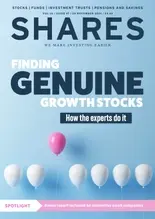
Fast moving consumer goods powerhouse Unilever (ULVR) has taken a backwards step after a second quarter (Q2) sales miss, the shares down 1.9% to £26.66. Yet investment behind its brands and enviable pricing power is helping the PG Tips tea-to-Hellmann's mayonnaise maker navigate slowing emerging markets and sluggish developed economies with aplomb.
The £34.9 billion cap foods-to-personal care products behemoth has seen Q2 like-for-like sales growth of 5%. This is below analyst consensus estimate of 5.5% and the 7.1% forecast by broker Liberum Capital, with growth slowing quarter-on-quarter across both Asia and the Americas. Nonetheless, underlying (like-for-like) first-half sales grew 5%, led by 10.3% growth across emerging markets, while pricing growth of 2.3% was a testament to the enduring power of Unilever's array of brands.
For the half to June, turnover edged up 0.4% to ?25.5 billion and net profit rose 13% to ?2.7 billion, with analysts impressed with a better-than-forecast 30 basis point rise in Unilever's first half EBIT (earnings before interest and tax) margin to 14%. Gross margins expanded by 120 basis points, reflecting supply chain costs and savings, an improving sales mix and more profitable product innovations.
Chief executive officer Paul Polman, the former Procter & Gamble (PG:NYSE) and Nestle (NESN:SIX) mover and shaker, concedes growth is slowing in emerging markets while developed markets remain sluggish 'with little sign of any recovery in North America or Europe.'
Regardless, the Dutchman was able to flag a strong performance from the Home Care and Personal Care (HPC) business, where brands ranging from Dove to Domestos and Sunsilk boast appeal in developing markets.
Polman also pleased with news of improvements within Foods and Refreshments, citing strong growth from the relaunched Lipton Yellow Label tea brand and bumper demand for Knorr jelly bouillons and baking bags in markets including Russia and Latin America.
Against poor weather in Europe and the US, Unilever still managed to grow global ice cream sales and the recent UK heatwave is likely to have given its Magnum and Cornetto brands a boost.
Despite the Q2 sales miss, Polman remains bullish about Unilever's competitive strengths and international prospects. 'Our emerging markets footprint and strong innovation pipeline gives us confidence that we will continue to grow competitively', he states, communicating a focus on 'achieving another year of profitable volume growth ahead of our markets, steady and sustainable core operating margin improvement and strong cash flow.'
Developing economies remain highly prized by Unilever and its US-listed rival Procter & Gamble, the former having increased its stake in Indian offshoot Hindustan Unilever from 52.48% to 67.26%. The return of A.G. Lafley, who rejoined as president and CEO of Procter & Gamble in May to take over from the retiring Bob McDonald, is expected to see the latter turning up the competitive heat.
Investec Securities analyst Martin Deboo sticks with his 'buy' rating on Unilever, noting that 'strong gross margin expansion tees up the prospect of an full-year margin beat, per our thesis.' Also a buyer, Liberum Capital writes: 'The stock may be weak today, but we still like the valuation and increasing dependence on the well performing HPC unit (food remains a drag), and the value creation ?optionality? from potential Foods divestitures.'




